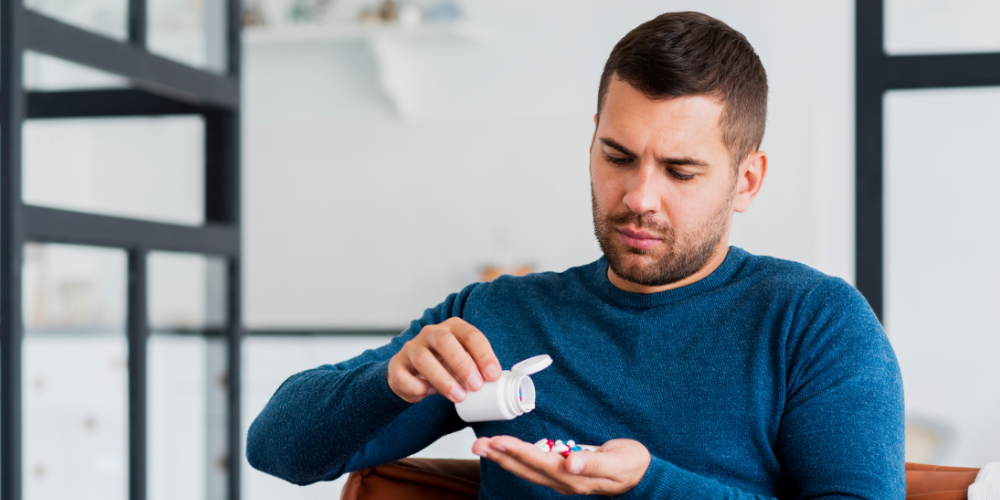
How Food Can Change the Effectiveness of Your Medications

Food and medicine share an unexpected relationship inside the body. What’s meant to nourish can sometimes interfere with treatments, making them stronger, weaker, or even toxic.
Researchers have been studying these interactions for years, and the findings reveal how something as simple as fruit juice, dairy, or leafy greens can shift the way a drug behaves once swallowed.
When Food and Drugs Clash
Not all medications are affected by food, but certain combinations can cause significant changes. Sometimes, the result is a stronger effect than intended; other times, the drug may lose its power entirely. These shifts usually happen because of how food interacts with enzymes, absorption processes, or chemical pathways in the body.
One of the most widely discussed examples is grapefruit. This fruit contains compounds that block an enzyme responsible for breaking down many drugs. As a result, medicines like statins for cholesterol or blood pressure treatments can linger in the bloodstream, building up to risky levels. In contrast, fiber-rich meals can do the opposite, binding to certain drugs in the intestines and preventing them from being absorbed at all.
Everyday Foods with Big Effects
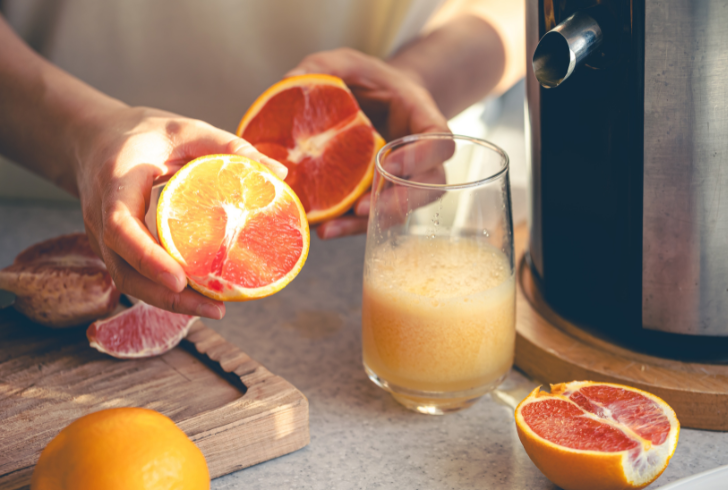
Freepik | Grapefruit and other citrus juices can cause a dangerous increase in the strength of some medications.
Several everyday foods can cause surprising reactions with common prescriptions:
1. Grapefruit and citrus juices – Interfere with drugs for cholesterol, blood pressure, and even erectile dysfunction, sometimes making doses dangerously strong.
2. Cranberries – Once thought to increase bleeding risk for people on warfarin, though evidence shows normal consumption may not be harmful.
3. Leafy greens – Rich in vitamin K, they can weaken blood thinners like warfarin, requiring careful dosage adjustments.
4. Dairy products – Can block antibiotics such as ciprofloxacin from entering the bloodstream, a problem often called the “cheese effect.”
5. Fermented foods and aged cheeses – High in tyramine, which may cause dangerous spikes in blood pressure when combined with certain antidepressants (MAOIs).
Even herbs and supplements can play a role. Turmeric, for instance, can strengthen the effects of blood thinners, while St. John’s Wort is known to interfere with antidepressants, contraceptives, and chemotherapy drugs.
Why These Interactions Happen
The body functions like a complex chemical factory. Every drug goes through processes of absorption, metabolism, and elimination, but food can disrupt these steps. Some foods block enzymes that break down drugs, while others bind to them before they reach the bloodstream.
Even the timing of a meal matters—taking antibiotics with a glass of milk, for example, can reduce their effectiveness, while spacing them a few hours apart avoids the issue.
Scientists are working to better understand these patterns. Large-scale reviews suggest food-drug interactions remain one of the most underestimated factors in safe medication use. While regulators such as the FDA require drug companies to test for food effects, it’s impossible to cover every possible combination.
Using Food as Part of Treatment

Freepik | A consistent diet, regular meal times, and a talk with your doctor can help your medication be more effective.
The conversation isn’t only about risk. Researchers are exploring whether food could actually be used to improve treatment outcomes. Cancer specialists, for instance, are experimenting with diets low in sugar to make certain therapies more effective. Early studies have shown that restricting glucose in the diet might help some drugs work better against tumors.
Similarly, scientists are developing databases to track known food-drug interactions so doctors can tailor advice to patients. In the future, treatment plans may include not only prescriptions but also detailed dietary guidance to maximize results.
Staying Safe with Everyday Choices
Understanding how food interacts with medication is vital for safe and effective treatment. While most prescriptions are unaffected by diet, certain drugs—such as blood thinners, antibiotics, and specific antidepressants—can be influenced by what you eat or drink.
Foods like grapefruit, pomegranate, spinach, or dairy products may alter how medications are absorbed, metabolized, or processed, sometimes increasing risks or reducing effectiveness.
Simple strategies, such as maintaining a consistent diet, adjusting meal timing, and discussing potential interactions with healthcare providers, can help ensure medications work as intended and even optimize treatment outcomes.
More in Food
-
GOLDEN AGE STARS WHO ARE STILL ALIVE AND DOING GREAT AT RETIREMENT!
Joely Fisher (57) -Burbank It’s fair to say that actress Joely Fisher was born with a great showbiz background since she’s...
May 26, 2025 -
GOLDEN AGE STARS WHO ARE STILL ALIVE AND DOING GREAT AT RETIREMENT!
Richard Dean Anderson – Age 74 Like other veteran actors who stay in the headlines for their excellent work, Richard is...
May 21, 2025 -
`
Try This 30-Day Rule to Start Living a More Minimalist Life
Simplifying life doesn’t mean sacrificing comfort. It’s about clearing the clutter—physical and mental—to create room for what truly matters. The 30-day...
May 3, 2025 -
`
The Surprising Health Benefits of Walking Backwards
Walking is one of the easiest ways to stay active, but it turns out there’s a lot more to it than...
April 25, 2025 -
`
Grocery Prices May Climb as New Tariffs Hit Imported Food
Rising food prices are nothing new, but recent tariff plans could make everyday grocery staples even more expensive. A new round...
April 18, 2025 -
`
Foods and Drinks to Avoid at the Airport, According to Experts
Airports are a hub of activity, offering a wide range of food and drink options as travelers rush to board their...
April 12, 2025 -
WEIBLICHE STARS, DIE MAKELLOS GEALTERT SIND UND WUNDERSCHÖN AUSSEHEN!
Nicole Seibert – Alter 55 Die damals erst 17-jährige Nicole siegte 1982 mit dem Lied Ein bisschen Frieden beim Eurovision Song...
March 20, 2025 -
WEIBLICHE STARS, DIE MAKELLOS GEALTERT SIND UND WUNDERSCHÖN AUSSEHEN!
Nicole Seibert – Alter 55 Die damals erst 17-jährige Nicole siegte 1982 mit dem Lied Ein bisschen Frieden beim Eurovision Song...
March 20, 2025 -
Il est difficile de croire que ces célébrités féminines du passé sont toujours aussi impeccables
Claudia Schiffer, 50 ans Parmi nos beautés éternelles, Claudia Schiffer est le symbole du charme et de l’élégance des années 1990....
March 20, 2025



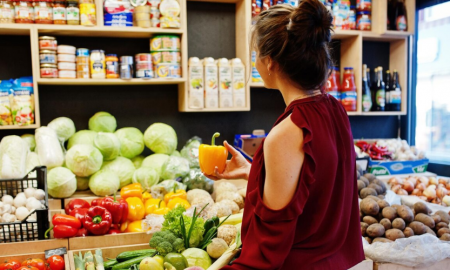
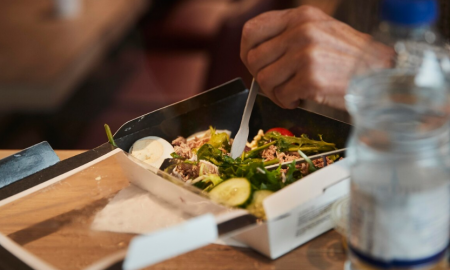
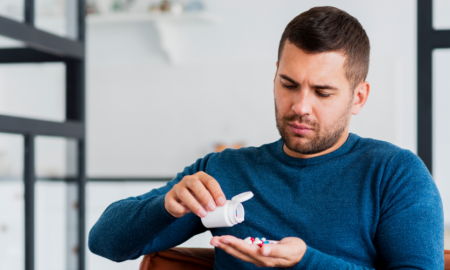


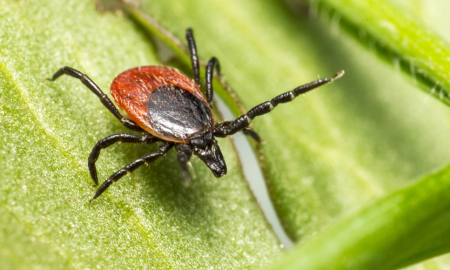

You must be logged in to post a comment Login